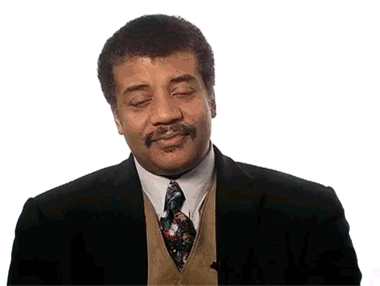You haven't shown it is possible for you to be at one point in time and have an unending supply of time that has passed, somehow, already.
I included the link to
 logical possibility
logical possibility in
case you didn't understand what
 logical possibility
logical possibility is.
If
 time did not
time did not have a beginning than an
 infinite
infinite amount of time has already passed.
If time
did have a beginning, than a finite amount of time has passed, and this will always be the case, even in the case that time itself is
 eternal
eternal.
If both are true (assuming universal symmetry) time has a beginning and does not have a beginning.
And there is also the possibility that an infinite amount of time passes for each second that passes: time passes for every Planck volume in spacetime. If there are an infinite amount of Planck volumes, an infinite number of seconds must pass for every Planck volume to experience a second of time. In fact, even a nanosecond passing for a Planck volume would indicate that an infinite amount of time had passed in all of spacetime.
So, basically, for every single itty bitty (I won't go infinitesimal) finite amount of time I've spent on this post an infinite amount of time has passed, assuming there are an infinite amount of Planck volumes. Which once again, I'm willing to bet that neither of us knows whether or not there are. The big bang could have been the beginning expansion of a new Planck volume of spacetime- spacetime is expanding, so maybe each new Planck volume that appears has its own BB within it.

